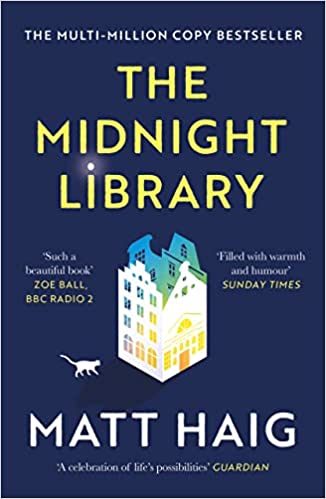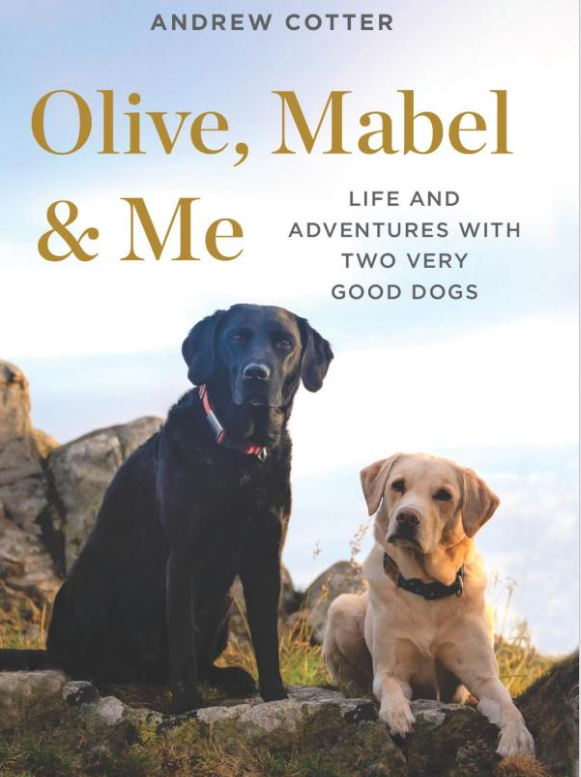
The Midnight Library was our Wellbeing Book Group choice for March. On first glance a novel about a girl committing suicide doesn’t seem like the most obvious choice for a Wellbeing Group. However this is more of an antisuicide novel, written by Matt Haig, an author well known for writing about his experiences of anxiety and depression.
The protagonist, Nora Seed, is living a mundane, dull and quite isolated life, when events start to overwhelm her. Her cat, Voltaire, dies. She loses her job. She has no family to turn to, no friends to call on, and feels that the only way out is to end it all. Except that instead of dying, she wakes up in the Midnight Library, a place full of books, overseen by her old school librarian and chess companion, Mrs Elm.
Each book gives Nora the opportunity to experience a different parallel life and see what would have happened if she had made some different decisions. Not all of the choices she made had big effects, but until entering the library, Nora hadn’t realised how much impact she had on other people, and how her choices have a knock on effect on others. Her feelings of loneliness and isolation were a big part in her wishing to commit suicide, and the benefits of the additional perspective she receives through the different lives she lives in the Midnight Library are shown in the way the novel ends.
This book was a popular choice amongst our readers, as it isn’t a difficult read, despite the potentially heavy themes. It’s well written, with short chapters. The idea of the multiverses/many worlds framework was a very accessible way of addressing some harsh realities. The concept of being able to relive life, and pick and choose options was popular. Several readers passed the book on to members of their family, and friends. A couple of the group members queried having a male author writing from a female’s point of view, and wondered why he had done this, and how well it worked. Mrs Elm, the librarian, was thought to be a bit stereotypical, but that may have just been personal feeling!
We liked the cat being called Voltaire, which appears to be a nod to the novel Candide in which a character (Mr Pangloss) believes that he inhabits the best of all possible worlds. Whether this is the case for Nora – well, the ending was seen by some as quite predictable and a bit too neat. There was also an ongoing discussion as to whether any of the lives Nora tried were better than her final choice, and what is the definition of a good life anyway.
The book for April is Olive, Mabel and Me by Andrew Cotter. During Lockdown, Andrew (who works as a sports commentator) was unable to do his job as there were no events to commentate on, so he began commentating on his two Labradors, Mabel and Olive. With over 50 million views on social media for their Zoom Meeting, Games of Bones and Dinner Contest, this tells of their life together, man and dogs.

